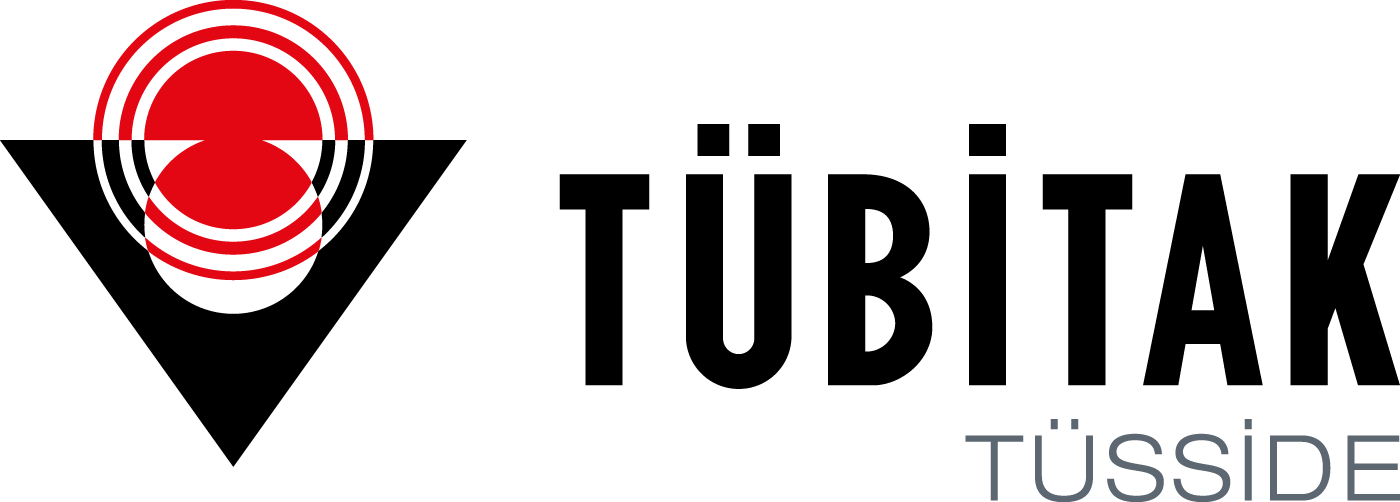TÜSSİDE
Our Business Model
TÜSSİDE conducts its activities with the mission of “Enhancing Management Capacity” in the fields of Management Research and Consultancy, as well as Strategy Research and Consultancy. The core competencies through which it adds value in projects are research, analysis, design, modeling, implementation, and compliance support activities related to strategy, systems, models, organizations, processes, plans, and programs.
While conducting its activities with its qualified staff, TÜSSİDE benefits from the expertise developed in academia, public and private sectors; establishes collaborations with TÜBİTAK centers and institutes, various international organizations and development agencies.
Collaboration with the stakeholders it serves is based on developing and executing projects together. It offers solutions specific to its stakeholders with a scientific and holistic approach. In these processes, transparency in communication and reliability in maintaining personal and corporate information are essential.

